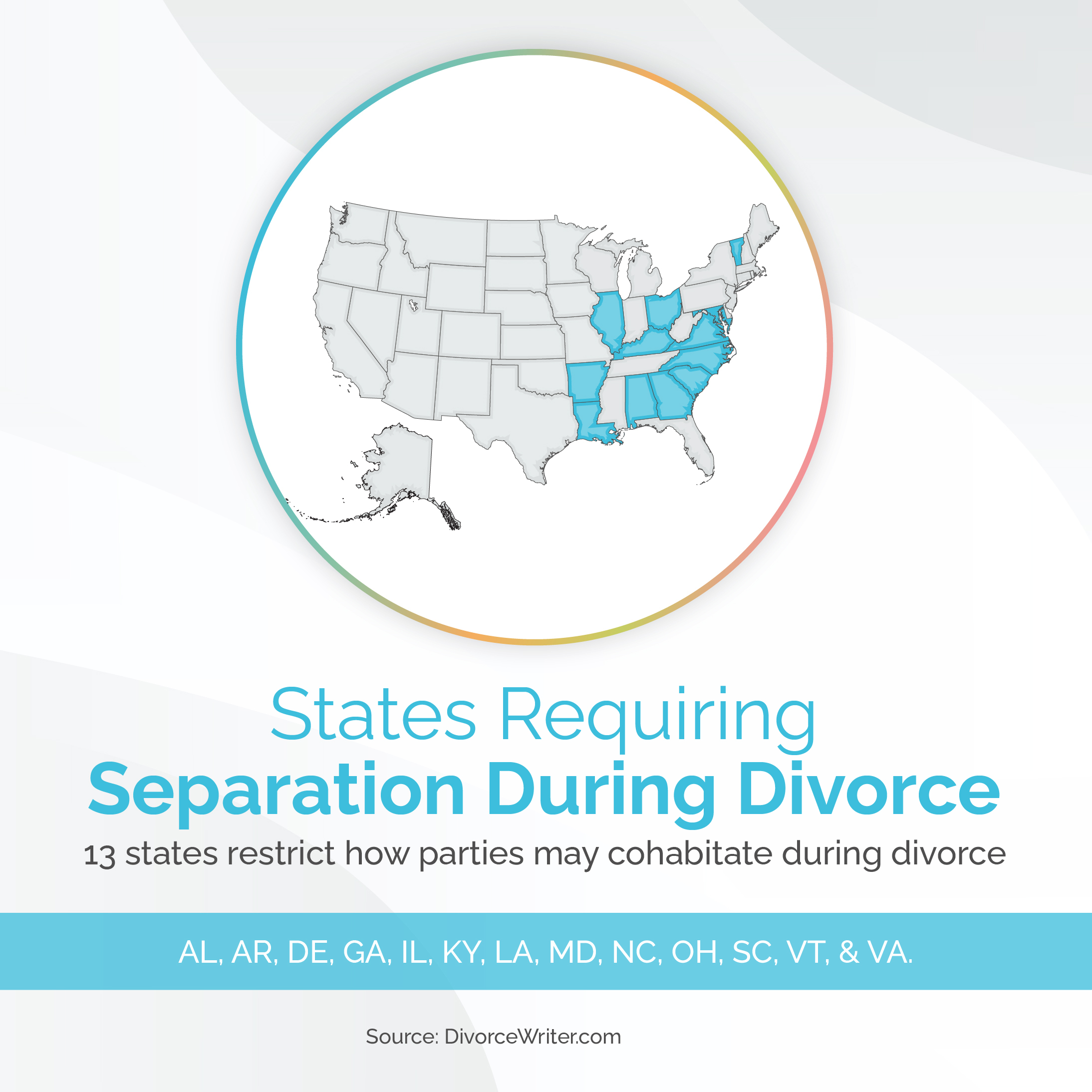Establishing and Maintaining Boundaries
When you continue to live together but have decided to no longer be together, the most important thing to establish is ground rules. In order to successfully cohabitate, you must realize that part of emotionally separating means physically separating as well. Thus, designate which rooms in your house will be your own separate corridors and move your personal belongings to that separate space.
This may be a hard conversation to have, but it is necessary. It will feel unusual to have areas in your house that are no longer “yours,” but it is important to establish and respect these boundaries to create stability, structure, and privacy in your home. This will also help alleviate any possible conflict that may arise by providing each spouse a separate place to resort and their own personal space.
Going through a divorce requires mental and emotional acceptance to normalize this new separate lifestyle. Get in the mindset that you are living with a roommate and not a partner. Treating each other with mutual respect is the key to living amicably with one another. If you are unable to communicate with one another without arguing, try sending e-mails or text messages to one another and limiting communications to only what is necessary. Do not share a bedroom, but make sure you are sharing common spaces, like the kitchen and living room respectfully.
On the other hand, living in the same household can also cause feelings of temptation. However, think carefully about what you’re feeling and your actions. While we encourage reconciliation, you must also keep in mind the legal impact your behavior can have on your dissolution proceedings.
One of the key factors in your case is your “date of separation.” The date of separation is important in determining separate and community property. The date of separation is defined as the date of the “complete and final break in the marital relationship.” If the date of separation is contested, the court will look into whether one spouse has expressed to the other spouse the intent to end the marriage. Importantly, the court will look into whether the conduct of the spouse is consistent with the intent to end the marriage.
To determine whether conduct is “consistent,” the court will consider all evidence such as: whether spouses continue to live under the same roof, whether they hold themselves out as being married or separated, continuing to join finances, and engaging in sexual intercourse with one another. Thus, when you’re living in the same household, maintaining separate spaces, living separately, buying separate groceries, and sleeping in separate corridors is important to establish a clear date of separation.






